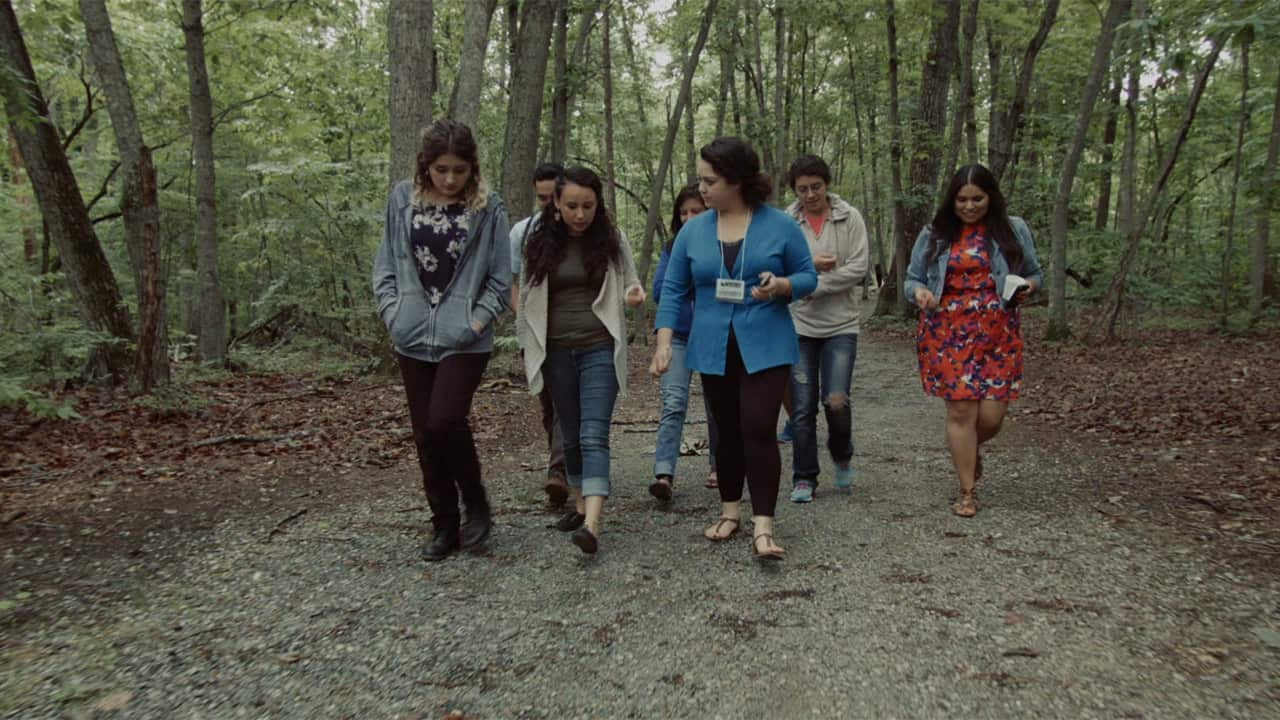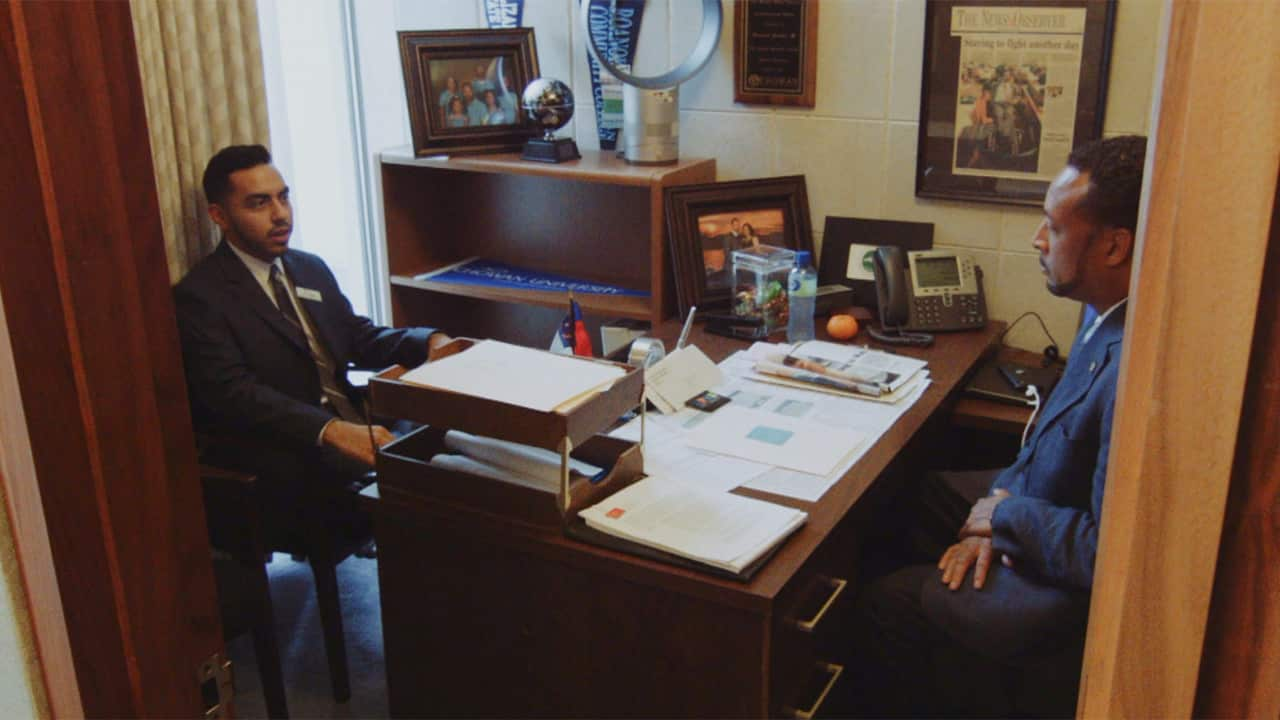I headed down to North Carolina thinking I was doing a simple injustice story about the exploitation of migrant farmworkers.
Latinos are the silent army that makes America run - doing the dirty or dangerous service jobs that nobody else wants.
Farmwork is just one example of this - the workers are isolated and vulnerable to exploitation because of their lack of English skills, and lack of transport.
And few Americans are even aware of the hundreds of thousands of migrants toiling away to stock the fruit and vegetable shelves at their local grocery.
We’d decided to tell this story for Dateline through a student internship program that does outreach work with farmworkers. And that’s where things took an interesting turn.
When I met the student volunteers at their training camp in the woods, most of them turned out to be Latino.
Many of them were the children of migrant farmworkers, and some had laboured in the fields themselves as children.
But these students aren’t simple campesinos.
It was quickly apparent that they’re articulate, sophisticated, socially engaged, and starting to understand their rights and power.
In a single generation they’ve become almost indistinguishable from ‘all-American’ kids. But their sense of Latino identity is strong.

When I returned to North Carolina a month later to see these same students in action, I found myself in totally Spanish-speaking situations again and again.
Volunteers, their outreach supervisors, the farmworkers, all speaking Spanish. And me - the lone Anglophone in an American field.
That’s the Hispanic reality on American farms today, but it’s spreading far beyond farms.
That shift is transforming American society and, unlike the African-American community hamstrung by the hangovers of history, Latinos are quickly claiming their demographic power.
When I saw young Jose Cisneros bravely enter the halls of power to lobby North Carolina’s politicians for a migrant education bill, it was a taste of the political shifts to come.

I left North Carolina with a new sense of America’s future… and a sense that I’d better sign up for Spanish lessons.
And that’s the same realisation all of America is slowly coming to. The community that is too often cleaners, cooks and fruit-pickers now, are going to be tomorrow’s managers, professionals and politicians.
In fact, the first Latino US President might be doing outreach work at an isolated farmworkers camp right now.
Dateline is an award-winning Australian, international documentary series airing for over 40 years. Each week Dateline scours the globe to bring you a world of daring stories. Read more about Dateline
Have a story or comment? Contact Us


